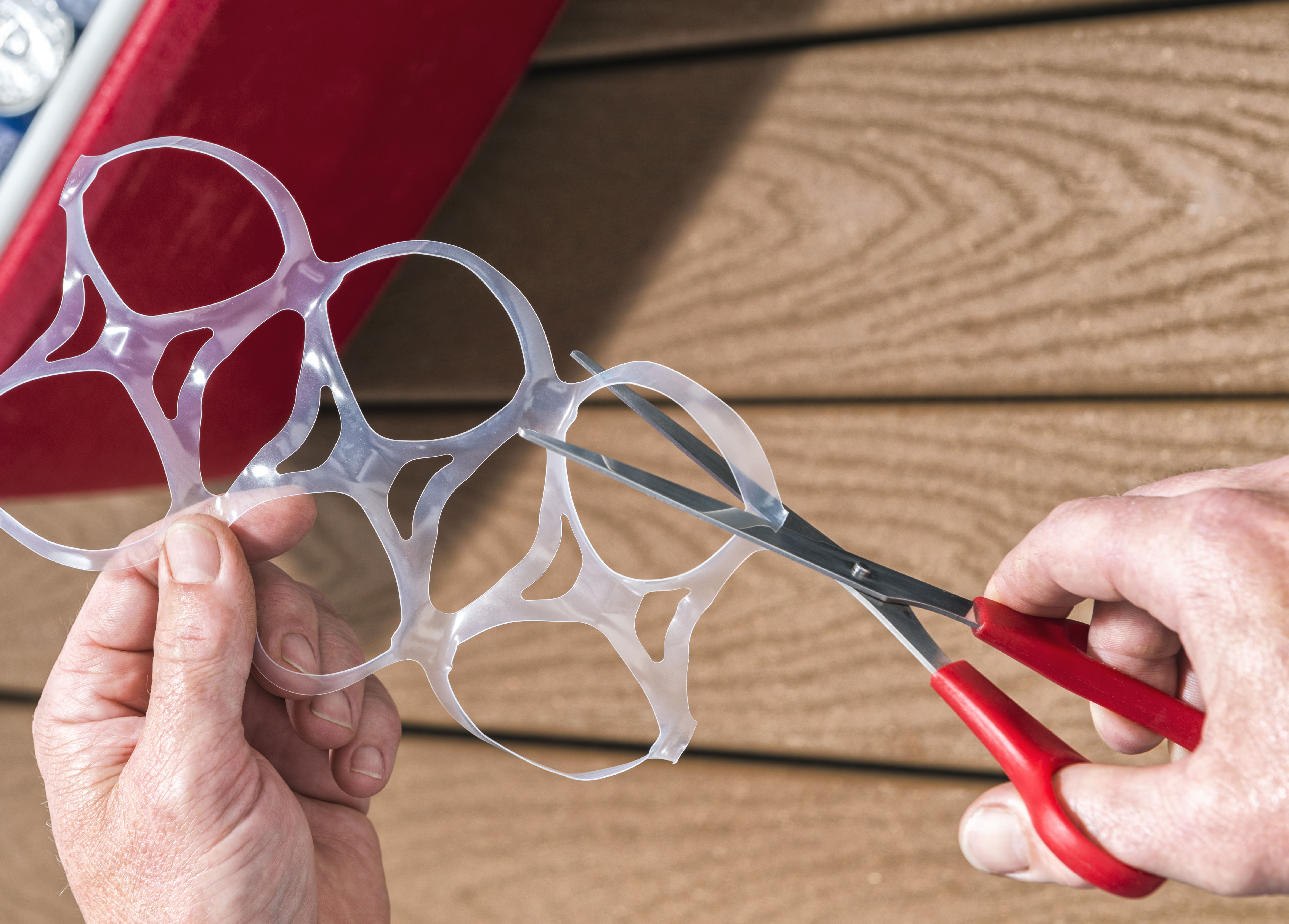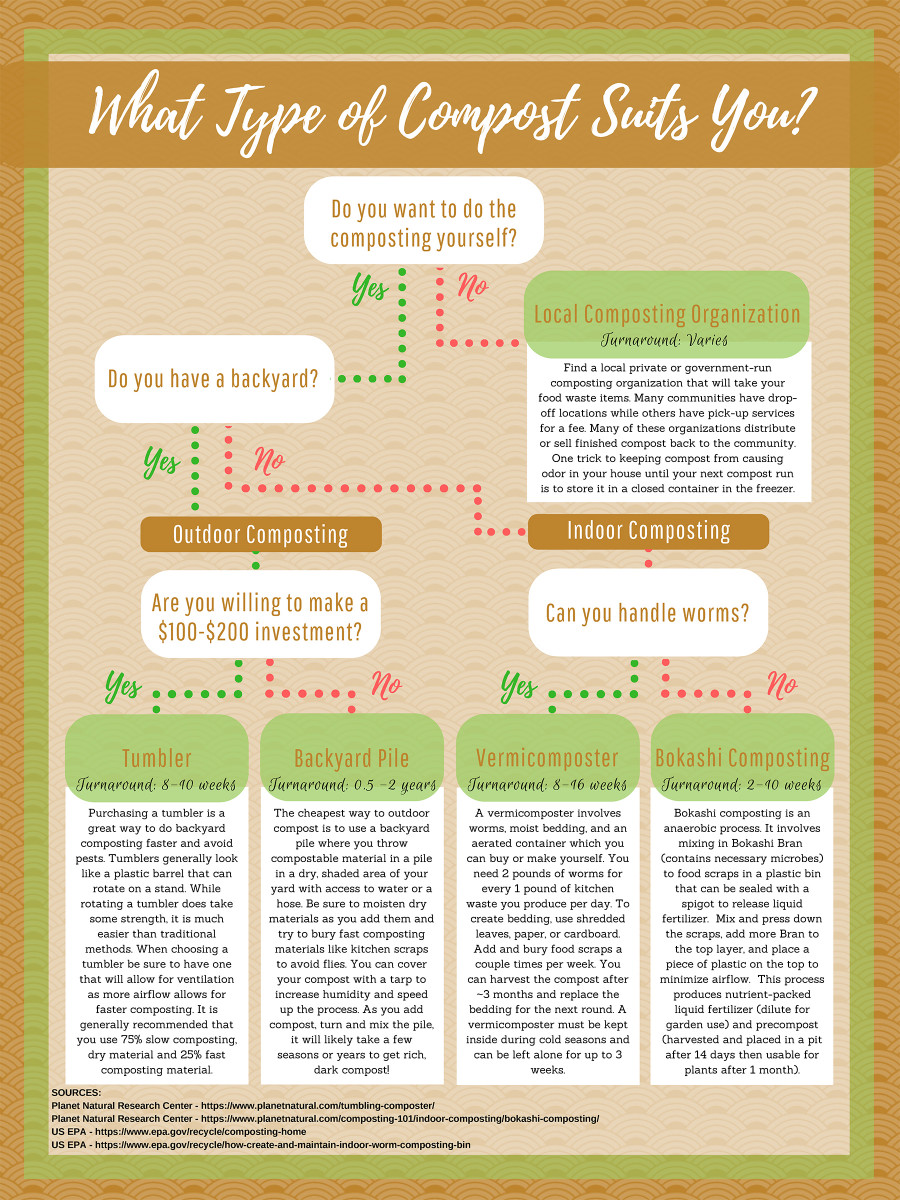This Earth Week, while physically apart, let’s take actions in our everyday life together that can contribute to benefiting our world’s oceans
AROUND THE HOUSE:
1. Replace disposable with reusable
Take time to think about the things in your house you use once and throw away.
Is there a way you could replace them with something reusable? Easy fixes include using a reusable water bottle instead of a disposable plastic one or using cloth towels instead of disposable paper towels.

If not, is there a way you can reuse that item again before throwing it away? Options include rinsing and reusing containers or plastic baggies
2. Lose the loop
Reduce the likelihood of animals becoming entangled in your trash by cutting loops before you put it in the bin! This includes six-pack rings for soda cans, plastic loops inside containers like milk cartons, rubber bands, etc. This small act can make a huge difference for sea lions, sea turtles, and even seabirds!


WHEN MEAL PLANNING:
3. Meatless Mondays.
Reducing the amount of meat we eat throughout the week can make a big difference in your health and the health of the planet. By choosing a day of the week to go meatless (it doesn’t have to be Monday!), you can take action against climate change by reducing your carbon footprint and helping you conserve environmental resources. Learn more about the movement here.

4. Start a compost.
You can make a big impact by reducing the amount of food waste you send to the landfill. It may be counterintuitive to think that sending food, which breaks down quickly compared to inorganic materials, would be a bad thing. But, when waste is buried in landfills, a lack of air causes waste to break down into methane, a harmful greenhouse gas that has damaging effects on the Earth’s atmosphere. The same waste composted above ground at home allows oxygen to help decompose the waste aerobically, resulting in hardly any methane produced. Then, after nine to twelve months, you have free fertilizer for your garden!

There are many different ways to compost! Check out this great post by Planet Forward to learn more about common myths about composting and different ways to compost!
WHEN SHOPPING:
5. In the grocery store: Minimize plastic packaging
Choose items with less packaging and buy in bulk (OK, this doesn’t mean go and buy all the toilet paper). Instead of buying individual packages of items that you can’t make yourself (i.e. chips, snack packs), buy bigger bags. Also be sure to be cautious of places that sell items in bulk, but, as individually wrapped items!
6. From Amazon: Choose used items and repurpose your box!
While buying from companies like Amazon is certainly not the most eco-conscious decision, sometimes it is unavoidable. Next time you’re looking to buy, you can:
- Log onto smile.amazon.com to choose a charity that a percentage of your purchase will go to (at no cost to you)
- Choose used items or from Amazon Warehouse rather than brand new.
- Instead of throwing away your box, use it to donate items to a charity using Give Back Box
WHEN GETTING SOME FRESH AIR:
7. Take a trash bag.

When going for a walk, bring a bag and some yard gloves to pick up any trash you see on the way. Why not also give plogging a try? When going for a jog, quickly stop to pick up trash while you go!
This time of year, Whale SENSE would usually be roaring up to schedule beach clean-ups for participating companies. But, this year, we will all have to do our part in news ways until we can plan an opportunity to do it as a group!
“Take 3 pieces of rubbish with you when you leave the beach, waterway or anywhere and you have made a difference”.
Take 3 for the Sea
IN YOUR SPARE TIME:
8. Learn more about marine life and the ocean, and share it with others!
- Watch and recommend environmental documentaries to your friends (Netflix has plenty!)
- Take an online course about sustainability
- Tune into science podcasts
- Read books about the ocean.
- Then, bring up what you learned during dinner conversation, social media, etc!
One of the biggest problems facing the ocean and marine life today is that people don’t know about it! Take this time to be an ambassador for the ocean!
9. Stay involved in conservation efforts.
Stay tuned into the efforts of organizations like the Whale and Dolphin Conservation and other research organizations. Even from your home, you can protect whale species miles away by spreading conservation messages and participating in campaigns!
10. When planning future vacations, choose to travel responsibly.

Right now we are all stuck to our houses and neighborhoods, but that time will pass and we will be able to resume our normal lives. When planning your next trip, look into ways that you can make eco-conscious decisions while traveling. Planning (or dreaming) to go on a whale watch? Be sure to choose a Whale SENSE operator to ensure that you are choosing a company that participates in ocean stewardship and is committed to adhering to all local regulations and guidelines to better protect whale species!

While there are definitely more than 10 ways you can be an ocean steward from home, hopefully this list can help you get started on your conservation efforts from home! What are other ways you protect whales and the ocean at home?
Article feature photo from Jim Pfitzer


